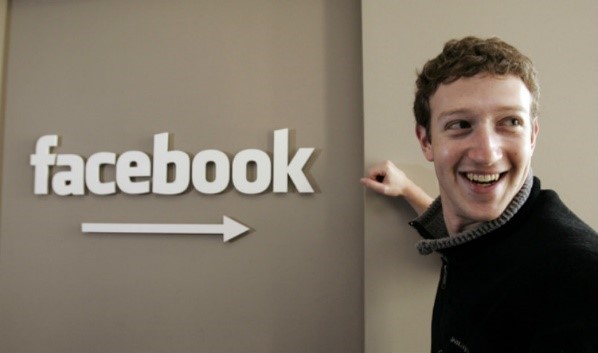Have you ever hosted a party and promoted it on Facebook? That is social media marketing! (Well, the basics!) Facebook is the Number 1 social media platform globally with 1.5 billion monthly active users. So, it is safe to say marketers have access to a wide audience right at their fingertips.
In the past I, have personally have created many events on Facebook for private birthday parties and public charity events. Although none of these events could be classed as ‘large scale’, they were all a success when planning and promoting them on Facebook. With 78% of Facebook users being over 18 it is the most consolidated channel to marketers for accessing most of the population in one place.
Glastonbury (a very large and well known festival- as you will know!) also utilises the use of social media in their marketing. One of the main parts of their event marketing surprisingly, lies within the hands of the consumer. The pictures posted by festival goers are crucial, these provide powerful, free advertising for the festival. Could this be the reason why so many festivals are now making a special effort to provide free WiFi, data connection 9and charging facilities?

Glastonbury have recently introduced the new 4G tractor sponsored by EE ‘To keep fans connected all weekend’. With 828,439 likes on their Facebook page, it is important to let attendees share how much fun they are having over the weekend to those fans that were unable to attend. This will perfectly set up the marketing campaign for the following year.
I have come up with some top tips that I follow when using Facebook to promote events. Just like any type of marketing, it can be confusing and takes some time to get used to the layout and features that are available to get people talking about your event.
Grace’s Top 10 Tips for Marketing events on Facebook:
1.Remarket to prospects
- Create a custom audience which targets people who have visited the website and left before purchasing a ticket.
- This will ‘remarket’ the event to the person- people rarely buy the first time they see something.
2. Create highlights from past events
- Put together a video of snapshots from prior events.
- You could also include some pictures of what attendees can expect at the upcoming event.
Top Tips:
- Remember your intended audience.
- Keep your message clear.
- Set this video as the featured video on the Facebook page.
- Post the video onto YouTube to boost views (YouTube has 1 billion users worldwide and 6 billion hours of video are watched each month)
3. Visual Testimonials/ Reviews
- Use comments from event feedback and from previous attendees.
- Create branded images with their comments for effect.
- Testimonial videos capture attention.
4. Create content for fans/ attendees to share
- Promotional branded material.
- Create an “I’m attending” post for attendees to share once they have purchased tickets to let their friends know they’re going.
5. Use photos of attendees in post updates.
- Tag these attendees to get the conversation started.
- People like to see real people and real conversation.
6. Create a #HASHTAG
- Use the same hashtag in every post and across all social media channels.
- Add this to your email signatures (and anywhere else you can think of!)
7. Share pictures throughout the planning process
- Keep fans/ attendees up to date with plans, it will make them feel part of the process from the beginning.
8. Create a Facebook event page
- This will give attendees a chance to interact before the event.
- They can share pictures and their experiences after the event.
- Fans can watch what is going on and may attend in the future.
9. Utilise the ‘Call to Action’ button
- Update this button on your Facebook page to ‘Book Now’, this will provide a direct link to purchase tickets.
10. Keep it FUN and on- brand.
What is the main benefit?
Numerous studies have shown that social media advertising is by far the cheapest medium. It gets across the information to the consumers while developing a long-term following at the same time. The organic reachfor Facebook promotions is 10%, however, you can boost this reach by paying a small fee depending on the number of people you would like to target. The advertising element is constantly changing and becoming more sophisticated for businesses to use and for consumers to view.
Products and services can be promoted quickly and updates can be posted at anytime, anywhere. Engagement from consumers is unlimited and feedback can be shared amongst the 1,86 billion monthly users, 32 million in which are in the UK.
For the Facebook users, they can find out all about their favourite events, right at their fingertips. All the information they need for this event is all in one place from the date and time to purchasing the tickets.













